Seasonal Affective Disorder: 5 soothing sleep tips for SAD sufferers
SAD can wreck your sleep and leave you exhausted in the morning; follow these tips for better winter nights

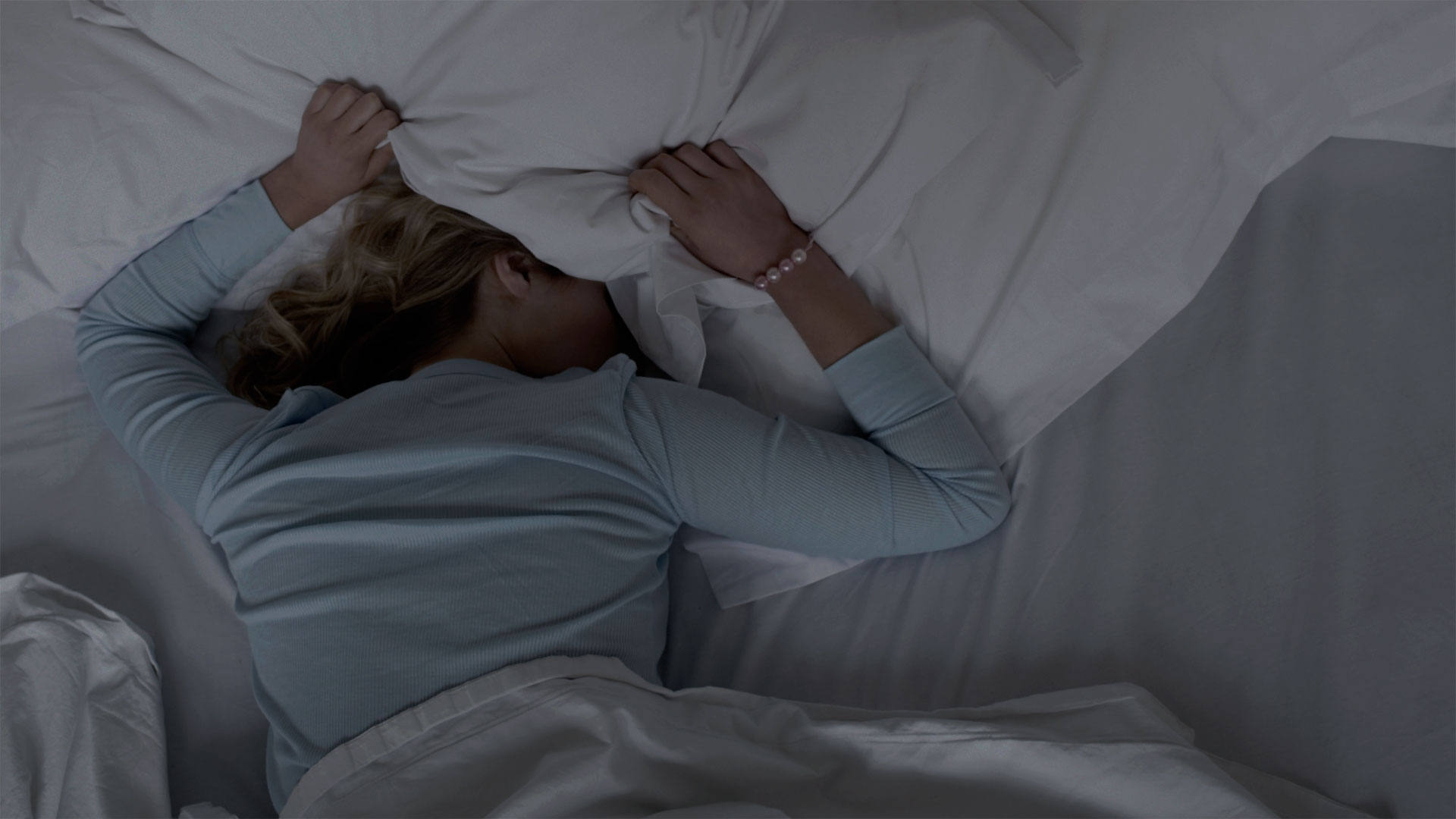
Seasonal affective disorder (SAD), also known as winter depression, affects nearly two million people in the UK. Longer nights, shorter daylight hours and falling temperatures can have a serious impact on people's mood and mental health, and it can have a similar effect on sleep patterns, resulting in disturbed nights and difficulty getting up in the morning.
While many people swear by investing in one of the best SAD lamps to simulate a soothing ray of sunlight, there are other things you can do to beat SAD-related insomnia in the winter months. Online bed retailer Happy Beds has worked with NHS consultant and founder of The Insomnia Clinic, Kathryn Pinkham, to bring you five effective tips on how to improve your sleep when suffering with SAD.
- 6 ways to shake up your sleep habits
- Monitor your sleep habits with the best sleep tracker
1. Try to say no to napping
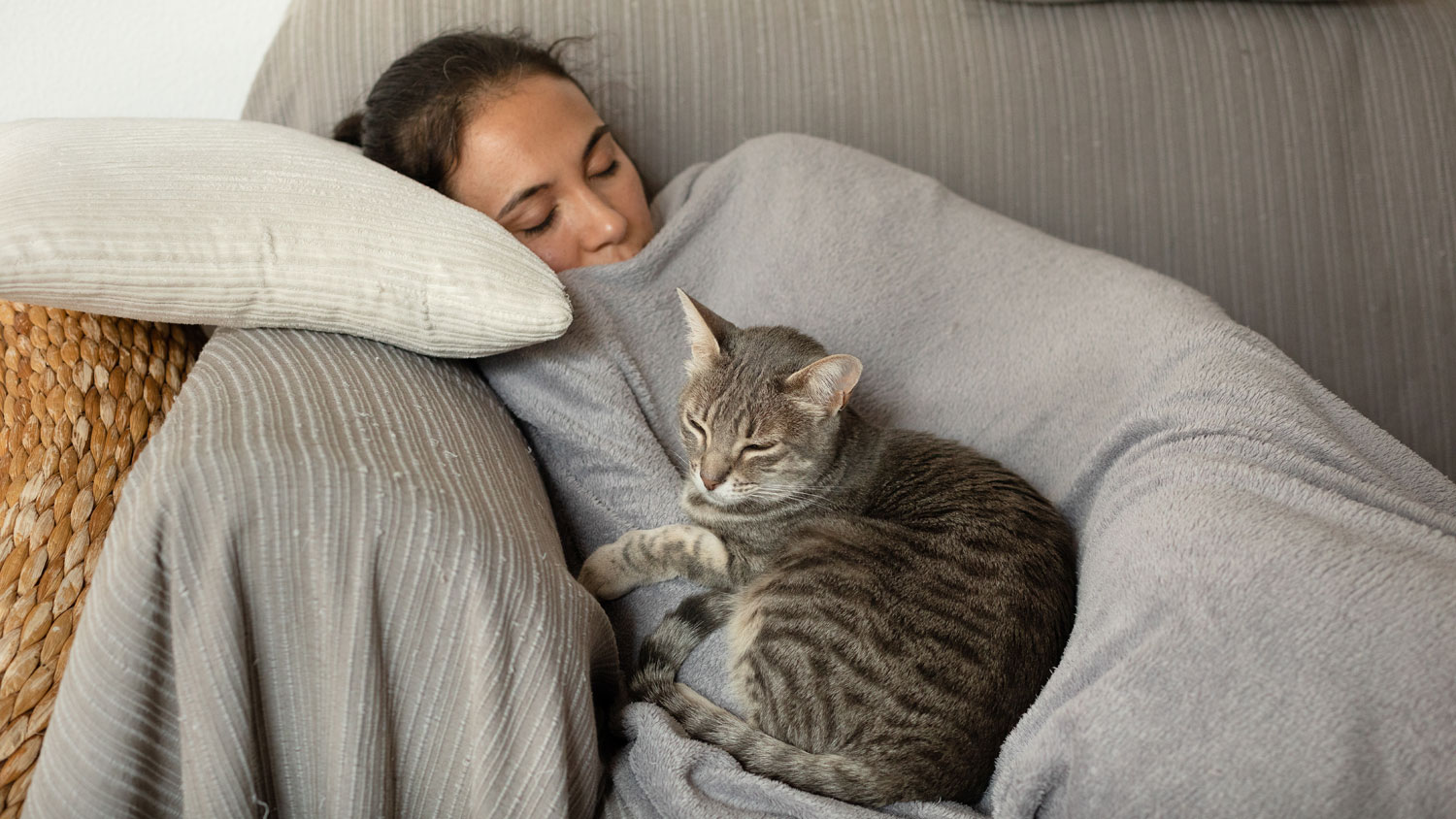
If you've had a rotten night's sleep, there's a temptation to catch up with a nap or two during the day. But, says Kathryn, this can make things worse. "Don't take a long afternoon nap after a poor night's sleep," she advises. "If you're really desperate, limit yourself to a short nap that's no longer than 25 minutes. Any longer, and you will impact your ability to sleep well at bedtime. Research suggests that naps as brief as 10 minutes can enhance mood and alertness, so keep it short!"
2. Manage anxiety
"Depression and anxiety often go hand in hand," says Kathryn, "and anxiety is exhausting. So, if you're feeling tired, it's important to note that it is not just lack of sleep which makes us tired and affects our daytime functioning, but also our negative thoughts about lack of sleep and stress in general."
Kathryn's advice is to spend time writing down your negative thoughts, challenging them, then letting them go. "Worrying about sleep won't improve it but it will make you feel worse," she explains. "If you wake up and begin your day with a negative sleep thought such as 'the day is going to be miserable because I did not sleep well', it is the combination of sleep loss and negative mood from this thought that then negatively impacts your daytime functioning."
3. Get outside and exercise
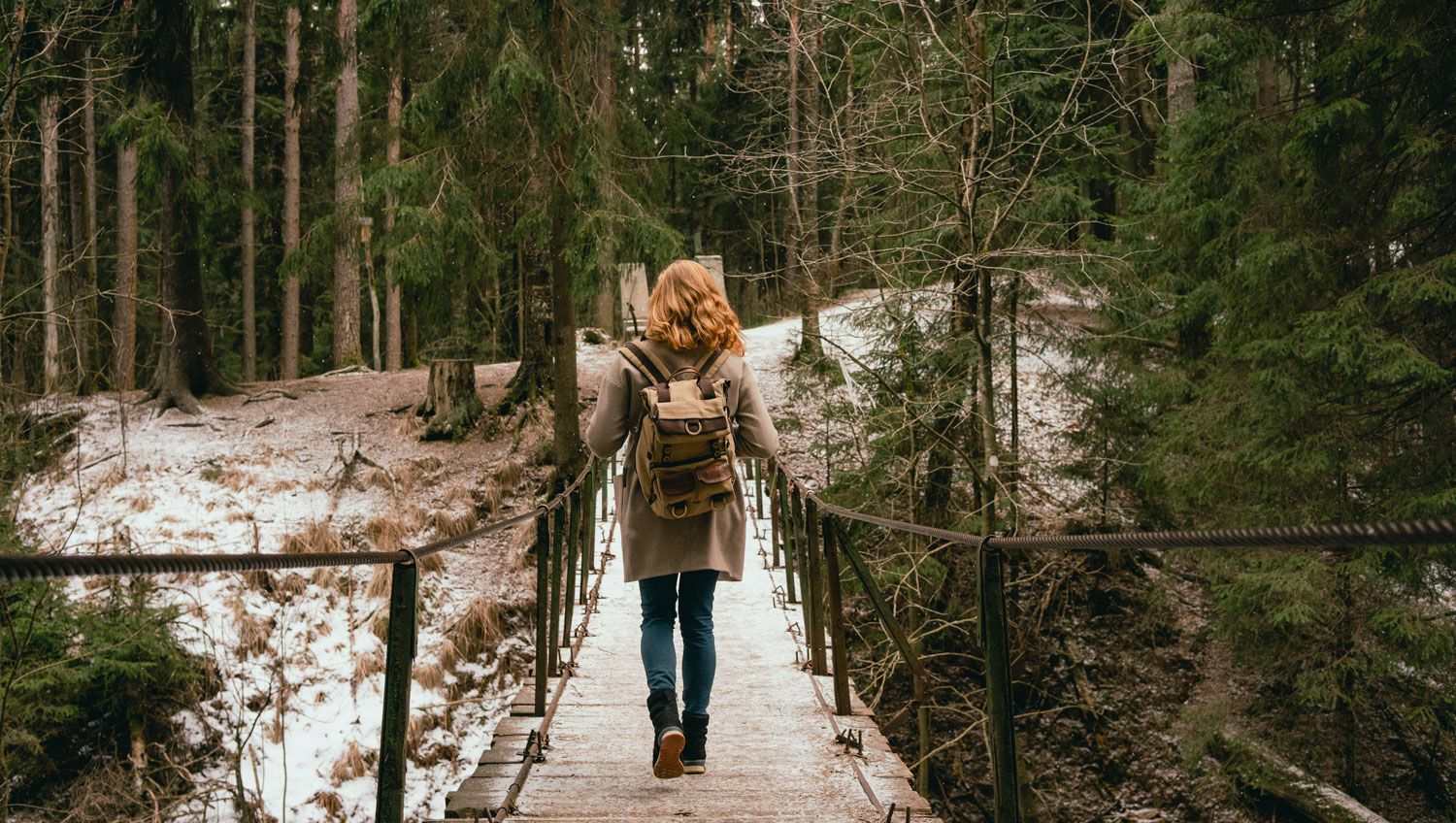
If you're being hit hard by SAD the last thing you're likely to want to do is go to the gym or take part in group classes. However simply taking some time to get outdoors is bound to help with how you're feeling. "Not only is exercise outdoors a great way to get fresh air and lift spirits," says Kathryn, "it's also actually great for your mental and physical health, and this is great for your sleep!"
4. Don’t go to bed too early
"As it gets darker earlier, it can be tempting to go to bed earlier too," says Kathryn. "However, an abrupt change in bedtime can actually do more harm than good. Instead, if you do find yourself wanting to go to bed earlier over the winter months, try to gradually move toward the new earlier bedtime. This way there's far more chance of getting a good night's sleep."
Get all the latest news, reviews, deals and buying guides on gorgeous tech, home and active products from the T3 experts
5. Get back into a routine
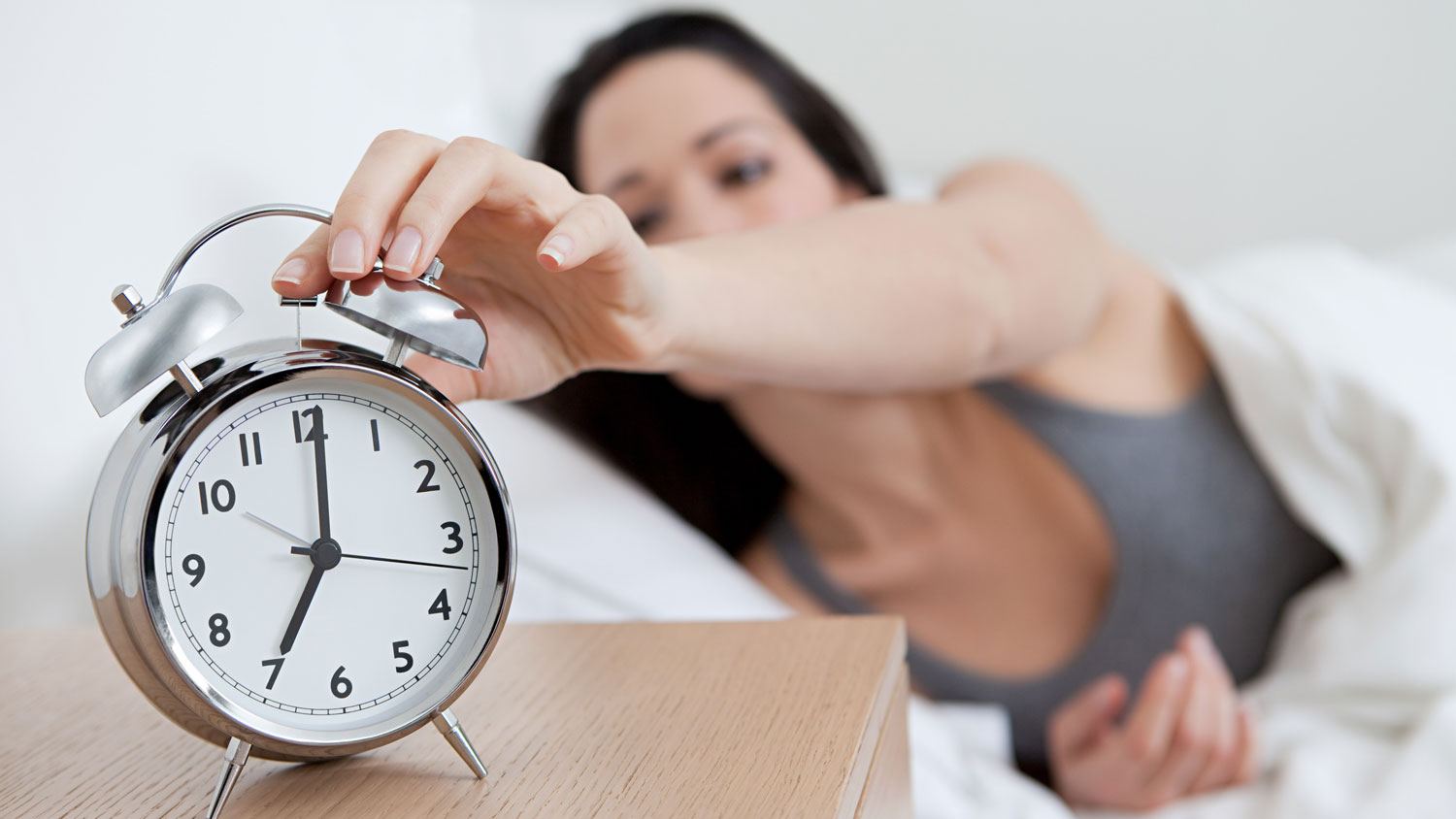
Just as the longer nights can make us want to go to bed earlier, the change in daylight hours can make us start getting up later. All of this can break our sleep routine, and it's this structure that helps us sleep well. So Kathryn suggests getting back into a regular sleep routine. "To resume a routine, even if you've slept badly, you should still get up nice and early. This will help you to build an 'appetite' for sleep, helping you get a better night's sleep the next night."
For more information on SAD and how to cope with it, visit the NHS website.
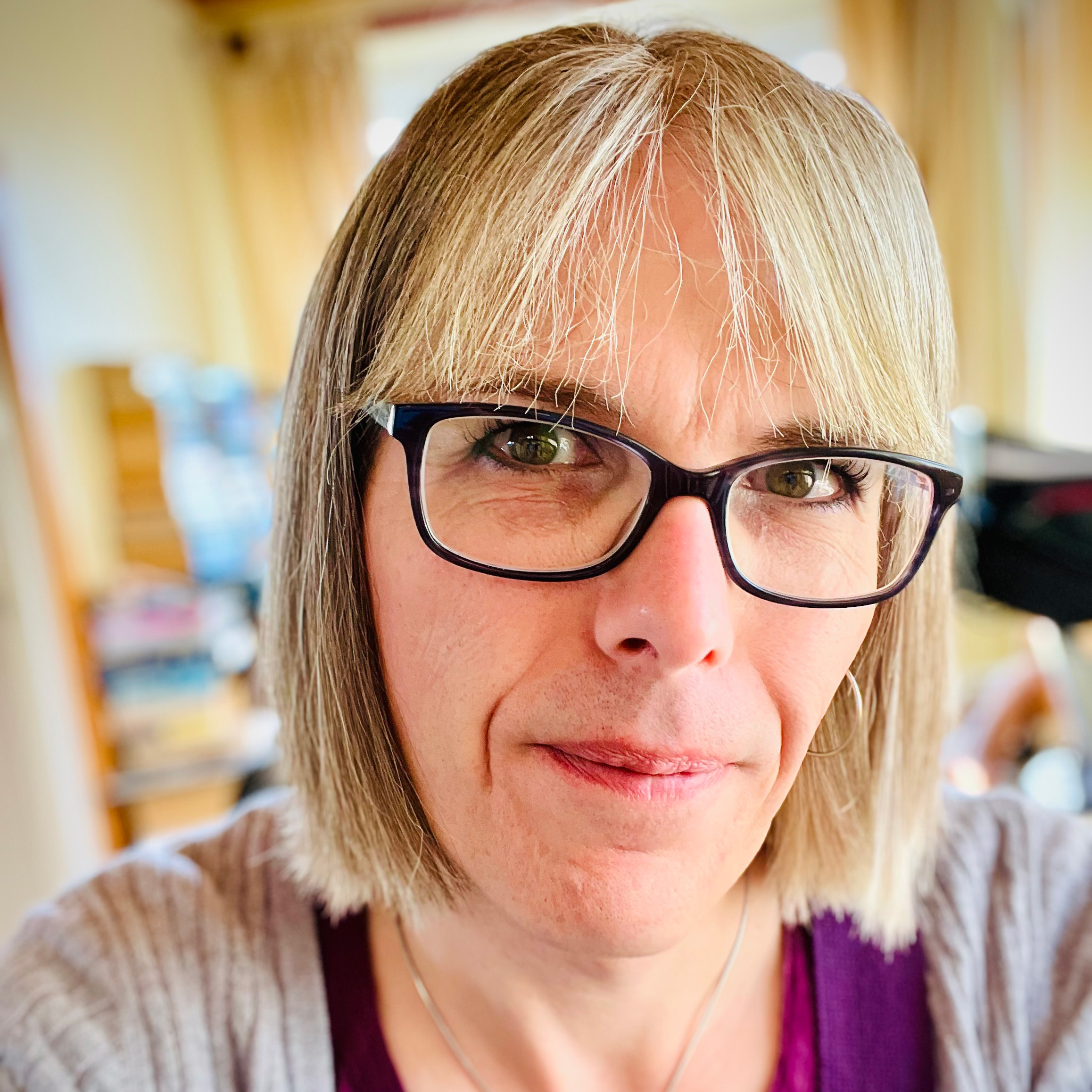
Jim is a freelance writer who has been largely occupied with writing about the mattress industry for the past few years. Jim spent most of 2023 working as Sleep Editor on TechRadar and learning more about mattresses than they ever wanted to know. Jim has also covered graphic design, politics, films and web design, as well as writing promotional material and video scripts for tech and video game companies.